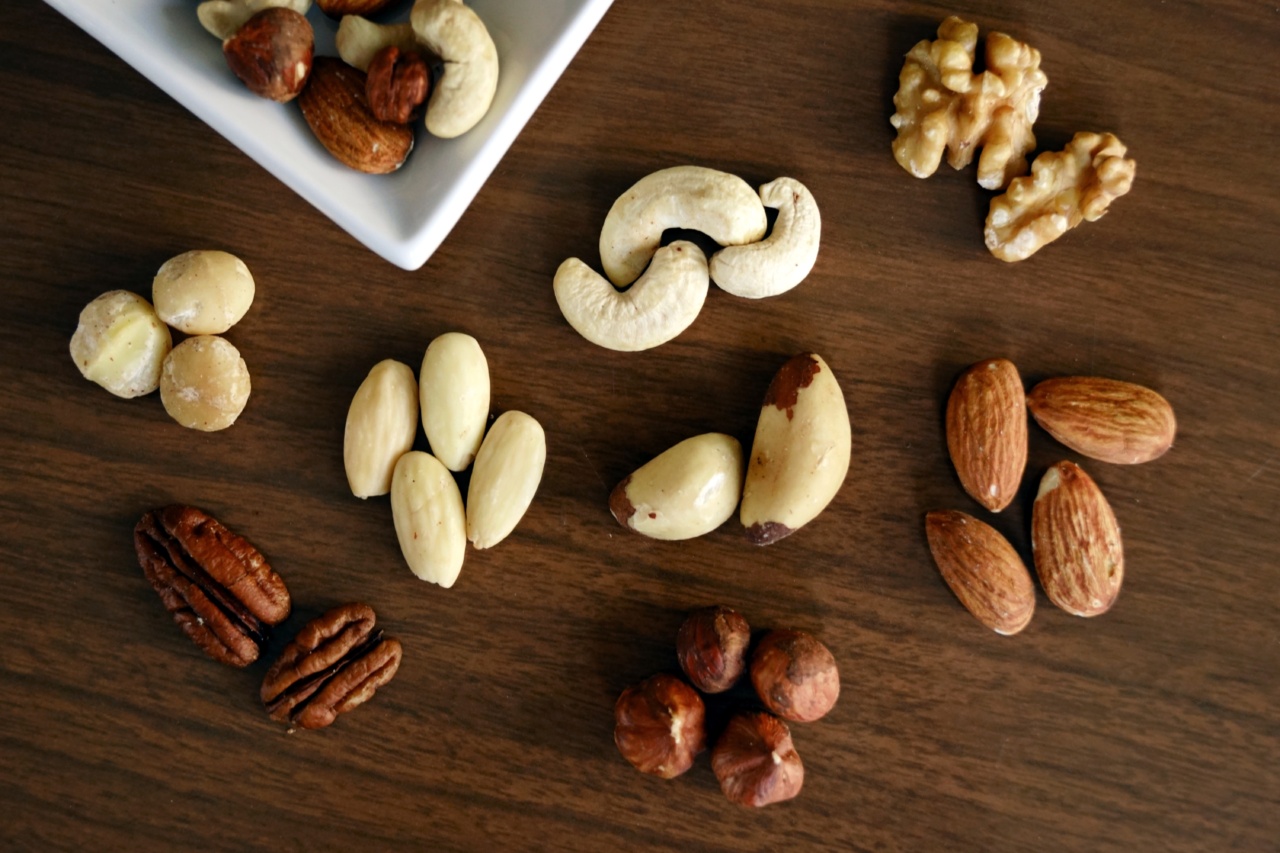Pecans are not just any ordinary nuts; they are a versatile and flavorful nut that has been a staple in many recipes around the world. With a rich and indulgent taste, pecans are not only delicious but also packed with numerous health benefits.
Whether enjoyed on their own, used in baking, or as a topping for salads and desserts, pecans offer a unique combination of taste and nutrition that make them a true gem in the nut family.
A Brief History
Pecans are native to North America and were extensively used by Native American tribes as a food source. The name “pecan” is derived from the Algonquian word “paccan,” meaning a nut with a hard shell.
Native Americans introduced pecans to European settlers, who quickly embraced them as a valuable food source.
Culinary Uses
Pecans can be used in a myriad of ways in the kitchen. Whether they are toasted, raw, or ground, their unique flavor and creamy texture add a delectable taste to both sweet and savory dishes.
Pecan pie, a classic Southern dessert, is perhaps the most well-known recipe that features this versatile nut. However, pecans can also be incorporated into cookies, cakes, bread, salads, and even savory dishes like pecan-crusted chicken or fish.
Nutritional Benefits
Aside from their remarkable taste, pecans are also highly nutritious. They are a rich source of several essential vitamins and minerals, including manganese, copper, zinc, and thiamine.
Pecans are also packed with heart-healthy monounsaturated fats and contain high levels of antioxidants, such as vitamin E, that help protect cells from damage caused by free radicals. Additionally, pecans contain fiber, which aids in digestion and helps maintain a healthy weight.
Health Benefits
The consumption of pecans is linked to numerous health benefits. Studies have shown that including pecans in your diet may help lower LDL cholesterol levels, reduce inflammation, and improve heart health.
The combination of healthy fats, vitamins, and minerals found in pecans makes them a great addition to a well-balanced diet.
Pecans and Brain Health
Recent research indicates that pecans may play a role in promoting brain health. Pecans contain antioxidants that help combat oxidative stress, a process linked to age-related cognitive decline.
Additionally, the vitamin E found in pecans has been associated with a reduced risk of Alzheimer’s disease.
Pecans and Weight Management
Contrary to popular belief, pecans can actually assist in weight management when consumed in moderation. The healthy fats, fiber, and protein present in pecans contribute to increased satiety and reduced hunger cravings.
Incorporating pecans into your diet may help you feel full for longer periods, potentially leading to a reduction in overall calorie intake.
Pecans and Heart Health
Pecans are particularly beneficial for heart health. Their high content of monounsaturated fats, specifically oleic acid, has been shown to reduce bad cholesterol levels, leading to a decreased risk of heart disease.
The antioxidants and anti-inflammatory properties present in pecans also contribute to overall cardiovascular well-being.
Storing and Enjoying Pecans
Pecans should be stored properly to maintain their quality and freshness. It is best to store them in an airtight container in a cool and dark place, such as a pantry or refrigerator.
Pecans can also be frozen, but they should be placed in airtight containers or freezer bags to prevent moisture absorption and potential freezer burn. When using pecans in recipes, lightly toasting them enhances their natural flavors and adds a delightful crunch.
Conclusion
Pecans are not just nuts; they are a culinary delight with a distinct voice. Their versatility in the kitchen, combined with their exceptional taste and numerous health benefits, make them an invaluable ingredient in a wide range of dishes.
So whether you are a food enthusiast searching for new recipe ideas or someone looking to enhance their overall well-being, don’t overlook the incredible power of pecans.





























